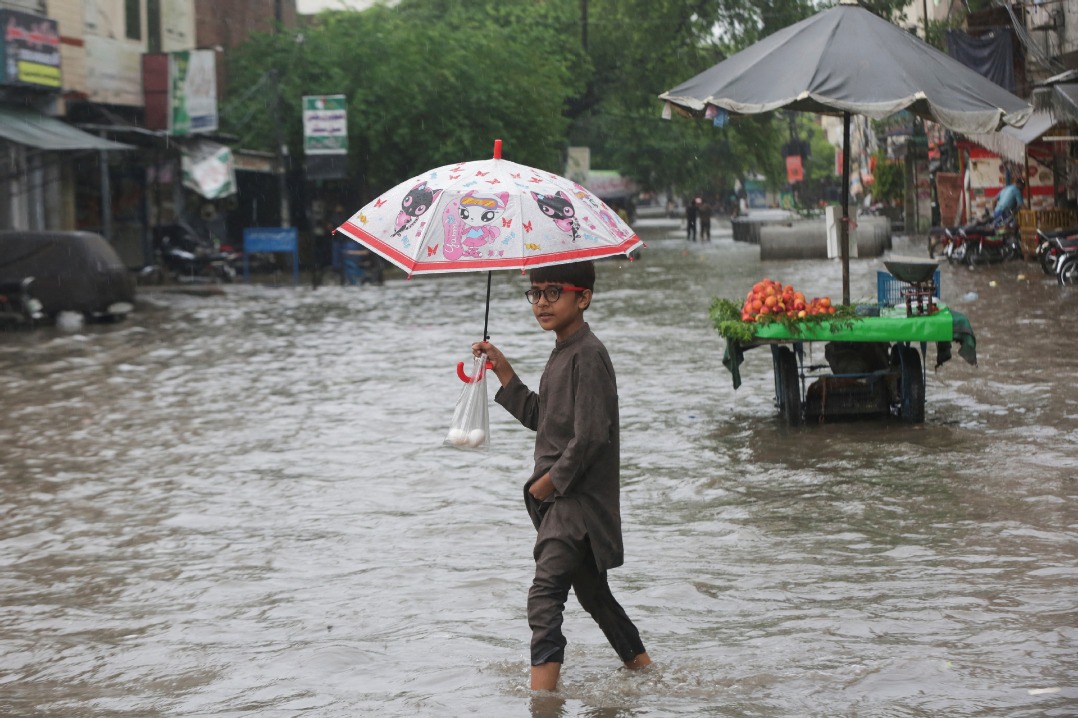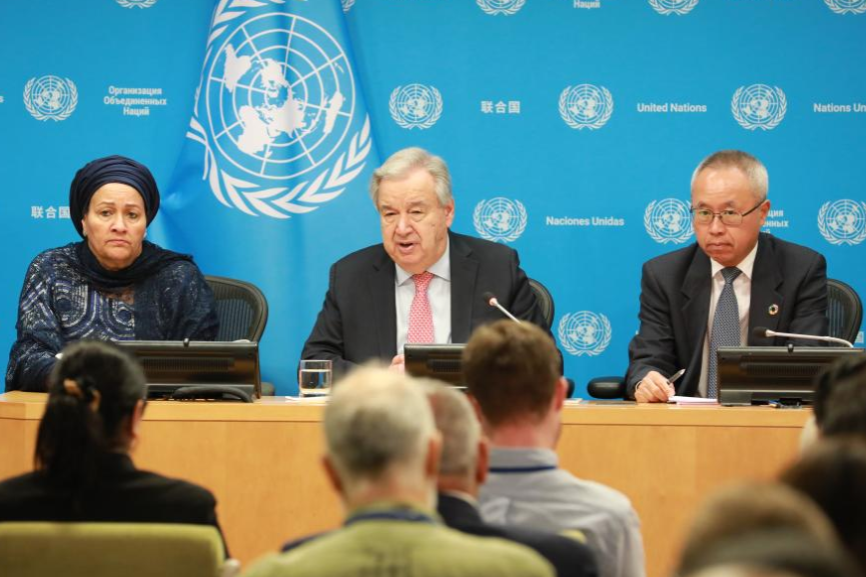Greece approves higher tourism taxes

New legislation passed by lawmakers in Greece will introduce higher daily taxes for short-term rentals and hotel stays, while also implementing a new fee for cruise-ship passengers.
As climate change brings more extreme weather events across Greece, including floods and forest fires, the country is introducing the new revenue measures to help address the economic challenges caused by natural disasters.
In a major shift for Greece's tourism-dependent economy, which emerged from a debt crisis in 2018, the daily tax on short-term rentals during the peak season of April to October will jump to 8 euros ($8.41) from 1.5 euros, starting in 2025.
In the off-season winter months, the tax will increase from 0.5 euros to 2 euros. "We aim to collect 400 million euros ($423 million) annually, almost double the amount we got last year," a senior official at the Finance Ministry told Reuters.
Summer hotel stays will face increased daily taxes of up to 15 euros, with the exact amount varying based on the property's rating.
For tourists on cruise ships, the choice of destination will determine the new arrival fee, with passengers heading to Santorini or Mykonos paying 20 euros and those visiting other Greek ports paying 5 euros.
Greek cruise tourism is set to surge past 8 million visitors this year, marking a 20 percent increase from last year.
The cruise tax was first proposed in June following concerns about capacity on the island of Mykonos, which is home to just 12,000 residents. Mykonos has limited tourist facilities and was being overwhelmed by up to 20,000 daily cruise passengers from as many as eight ships.
During this year's busiest summer days, visitors to Santorini reached 17,000, exceeding the island's permanent population of 15,500.
Greece's Prime Minister Kyriakos Mitsotakis originally planned to introduce the passenger tax gradually, beginning with overcrowded Santorini before implementing it in Mykonos. There were also proposals to limit cruise ship numbers at Mykonos and Santorini but the final legislation does not mention this.
In 2023, Storm Daniel damaged roads and railways in Greece, and the government allocated an extra 600 million euros to repair infrastructure and support affected households and businesses.
Speaking at the COP29 climate conference last month, Mitsotakis emphasized that while Europe is a leader in the global green transition, more resources are needed to address unprecedented climate shocks.
Major global economies have committed to achieving net-zero emissions in their energy systems by 2050.
"We cannot focus so much on 2050 that we forget 2024," Mitsotakis said at the summit. "We need more resources to prepare to respond in time, in order to save lives and livelihoods and to help people and communities rebuild after disaster."
jonathan@mail.chinadailyuk.com































